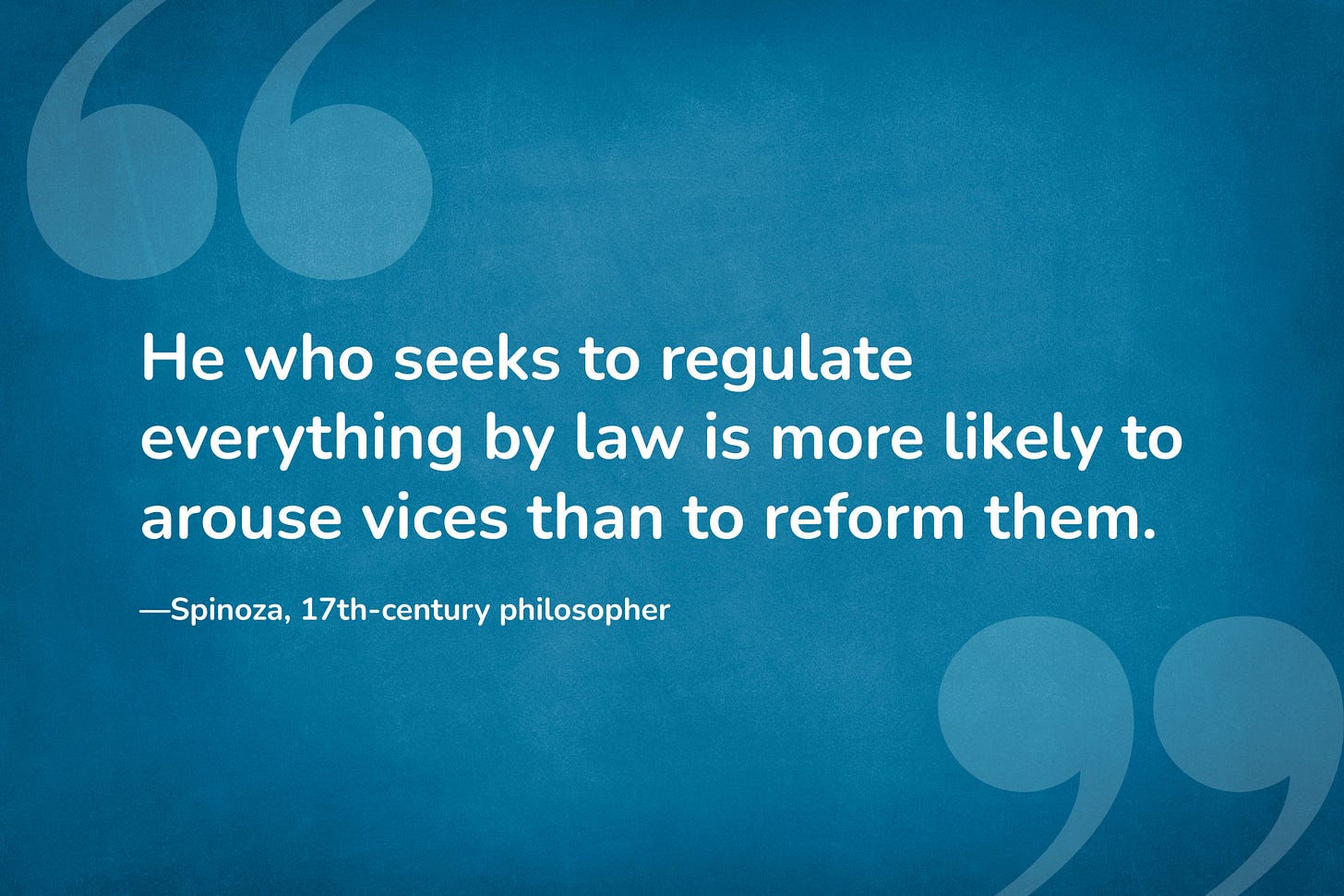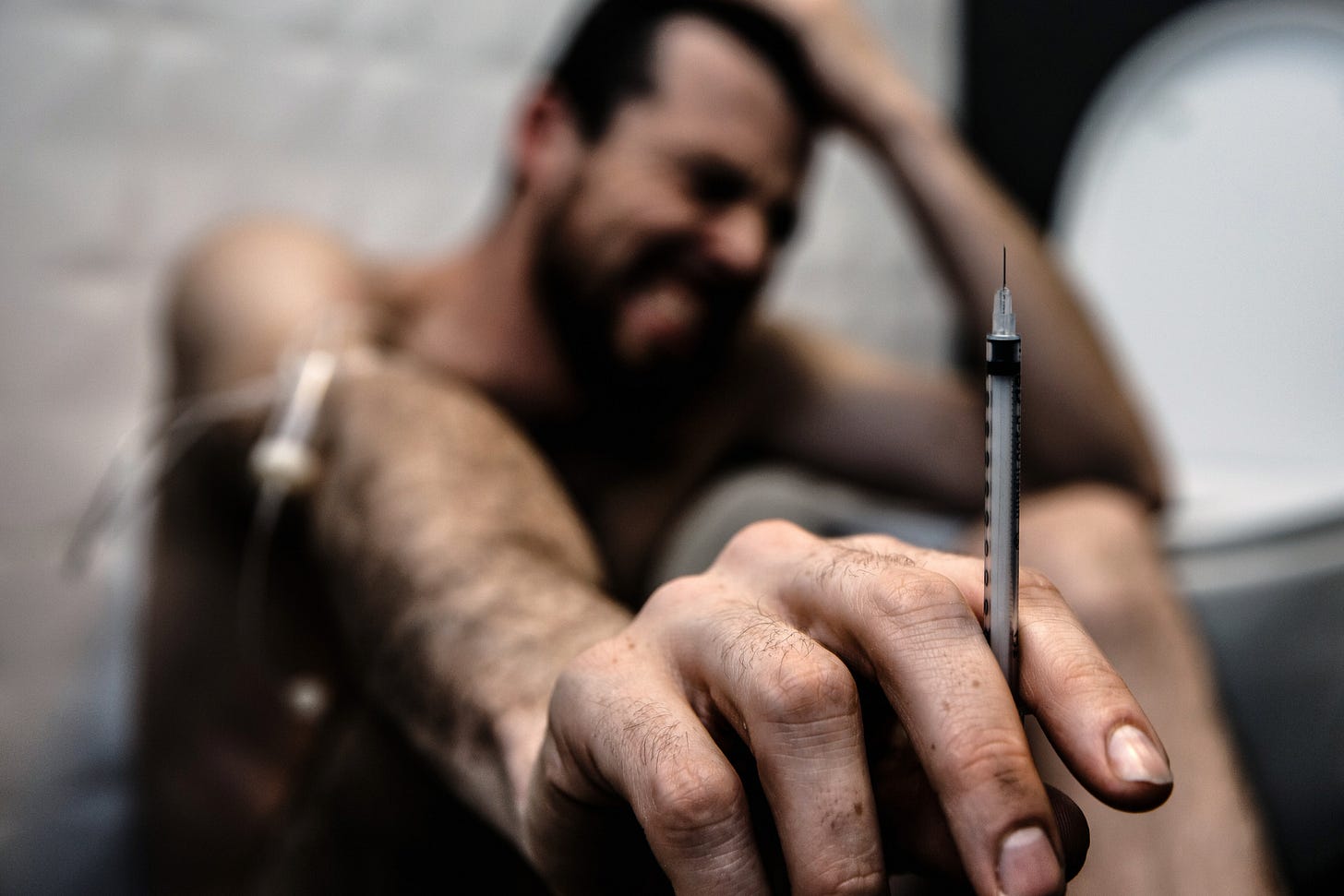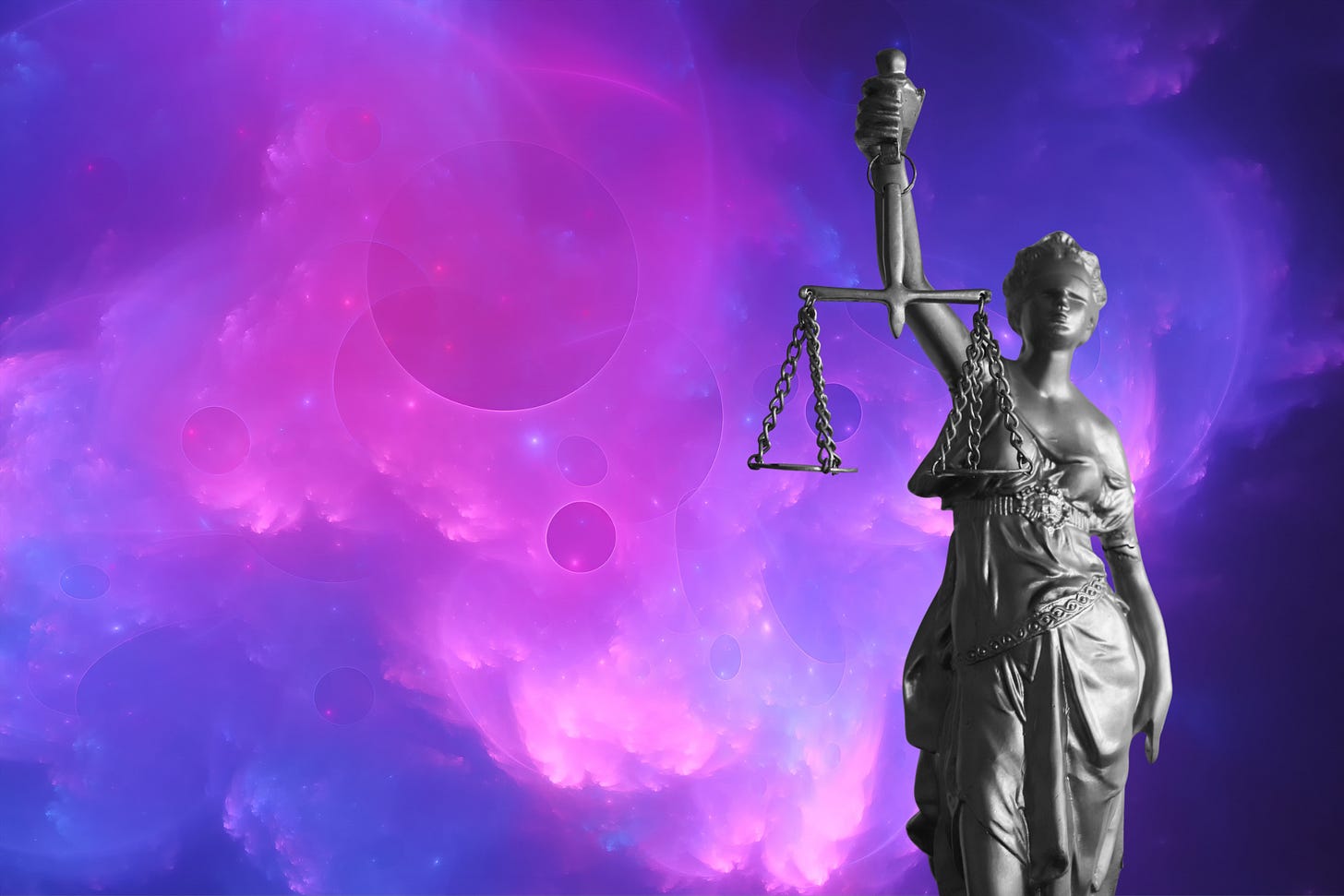An Argument for Decriminalizing Opioids
Lives would be saved.
As cannabis legalization has been sweeping across the country, the opioid epidemic continues to rage and to take lives. If we are serious about ending this crisis, it’s time to apply the lessons from the legalization of cannabis to our current mess with opioids. This may seem counter-intuitive, because cannabis is a comparatively safer substance. Opioids are more significantly more addictive, and the addiction is often deadly. Yet, despite their many potential harms, criminalization has not been at all successful for the opioid epidemic. Criminalization of any drug is a formidable barrier to treatment and enhances risks on a number of fronts.
I know about these risks because of my work as a physician and because of my own brutal struggle with opioid addiction, which nearly destroyed my life. I’m one of many who struggle, or who have struggled. We lose tens of thousands of people per year to opioid overdoses. Millions of others shuffle through their miserable addicted lives. The courts and law enforcement have become the de facto first responders to a public health scourge, when it ought to be doctors, addiction specialists, and other healthcare professionals on the front lines.
I am twenty years into recovery. I have helped dozens of other doctors who were addicted. I have treated thousands with addiction over the last quarter century as a primary care doctor and as an addiction specialist. Over the years, I’ve come to realize that it is the criminalization of drugs as much as the drugs themselves, that causes many of our problems.
It is the illegal nature of street opioids, as much as the opioids themselves, that is killing people. Millions of people with untreated addiction or undertreated chronic pain—who don’t have a safe medical supply of opioids— are forced to purchase their opioids on the street to obtain relief from their pain or their soul-crushing withdrawal symptoms.
The street supply of almost all drugs is now heavily contaminated with fentanyl, as well as other adulterants such as xylazine. A small fraction of our overdose deaths stem from the use of legally prescribed opioids. The vast majority arise from illegally bought, contaminated drugs.
We’ve known that decriminalized or legal drugs are less dangerous than those bought in the underground market. We’ve known this at least since the early 20th century, when we launched our disastrous experiment with alcohol Prohibition. Those years—from 1920 to 1933—saw a proliferation of severe, often fatal poisonings from a tainted supply.
In much the same way, the illegality of opioids has fatally tainted the street supply. In sharp contrast, cannabis is now legally bought from dispensaries and is screened for heavy metals, molds and pesticides. It is labeled and it is safer. People generally know what they are getting (even if the regulation of cannabis, at this point, is less than perfect).
When one buys any drug from a street dealer there are no controls, regulations, checks, or recalls. For the cannabis buyer this process was once a roll of the dice. Now, with the risk of fentanyl laced drugs, for people who purchase street opioids, it is more a game of Russian roulette. It is my conviction that if opioids were decriminalized and accessible, a vastly lower number of people would be dying from fentanyl, and from opioid overdoses at all.
A recent study in The American Journal of Public Health lends evidence to the idea that law enforcement is contributing to the damage from opioids. The authors were able to prove the following hypothesis,
We tested the hypothesis that law enforcement efforts to disrupt local drug markets through routine supply-side interdictions—as measured by police seizures of opioid- and stimulant-related substances—are associated with increased spatiotemporal clustering of fatal and nonfatal overdoses, as well as increases in EMS naloxone administration, in the area surrounding the seizure.
The disproportionate involvement of law enforcement in the drug realm harms patients in other ways as well. Millions of dollars are being wasted on militarized police units that could be far better spent on addiction treatment. With this money, we also could be offering patients a realistic pathway out of their addicted lives. We should be providing housing, healthcare and jobs training to people suffering from addiction. This is what they have been doing in Portugal since they decriminalized drugs, with overall success. Many people wish to transition out of addiction but simply don’t have the tools that they need.
If we were to decriminalize opioids, it can’t be done in the ‘free for all’ manner of cannabis dispensaries because opioids have much more potential for harm and need to be more strictly regulated. The dispensing of opioids could be connected to treatment programs and educational resources. The dispensing of opioids could take the form of government-controlled stores. For example, people could present a card from their doctors stating their need for opioids, due to addiction or to chronic pain. The access would need to be very low threshold for patients, in order to circumvent the illicit market. There certainly wouldn’t be “recreational opioids” as there is now “recreational cannabis.” It would be limited, as much as possible, to medical uses.
According to a study by the Rand Corporation, there is good evidence for heroin assisted treatment (HAT) from Europe and Canada,
Evidence from randomized controlled trials of HAT in Canada and Europe indicates that supervised injectable HAT—with optional oral methadone—can offer benefits over oral methadone alone for treating OUD among individuals who have tried traditional treatment modalities, including methadone, multiple times but are still injecting heroin.
These patients, if not provided this treatment, or a comparable treatment, would likely be buying their drugs on the street, risking a tainted, deadly supply.
An often-overlooked benefit of the legalization of cannabis is that it has allowed for more truthful and open communication between patients and doctors. Patients can now freely discuss their use with doctors, with less fear of judgment and stigma. This results in greater safety and open discussions about potential misuse. Opioid users would stand a better chance of getting potentially life-saving help if they could candidly discuss their concerns and struggles with doctors and other healthcare providers. If people are afraid of getting into trouble, they clam up - this is another harm of criminalization.
We now have effective tools, including medications that can help treat people addicted to opioids. This is known as Medications for Opioid Use Disorder (MOUD) and includes buprenorphine (Suboxone) and methadone. These medications are associated with a fifty percent or greater reduction in overdose deaths. Sadly, we don’t have the medical infrastructure or social safety nets to provide this care to more than approximately one-fifth of addicted patients who need it.
We are nibbling at the edges of the opioid crisis, first with the provision clean needles to prevent HIV and Hepatitis C, and now (hopefully – if not blocked by the Federal government) with ‘safe injection facilities’—where people suffering from opioid addiction can use opioids in a medically monitored setting. Recently, over-the-counter Narcan has been approved which is a drug that can transiently reverse an opioid overdose. These measures are big steps in the right direction, but they are not nearly enough. It is time to go much further and to decriminalize opioids. By doing so, we can finally reroute resources from prosecution and punishment to support services and treatment.
The War on Drugs, which we’ve been suffering under for more than a half century, was never entirely about the drugs themselves. It can be looked at as a fabricated moral panic to help control and subjugate certain sectors of our population, mostly people with brown and Black skin. The numbers of arrests, in the tens of millions, are truly staggering. It has been quite effective for this unfortunate purpose of social control, but it also has resulted, among other harms, in our current opioid crisis.
We do not need to continue fighting this war that has already been lost. Law enforcement are exactly the wrong people to be involved with drug issues, except perhaps in cases of impaired driving or violent behavior. We would be much better off if we extrapolated our ongoing success with legal cannabis into the opioid realm. Let’s focus our attention on providing resources and on providing treatment, not on punishing and saddling people with needless criminal records. Let’s decriminalize, opioids, and let’s start saving lives.






Its time to incorporate harm reduction vrs trying to criminalize . Its about saving lives. We demonize those who are addicted , and forget they are mothers and fathers sisters and brothers or the kid packing your groceries. We have built a vast incarceration machine which needs to be dismantled . Prisons are for those who commit violent acts but the vast majority od those incarcerated are for drugs of one sort or another. This does not serve the public interest , it supplies bodies to feed our mass incarceration system. Land of the free? The highest incarceration rates by far of any industrialized country
I support a political approach called the what ever democrats on substack. Drugs, sex work, watching porn, promiscuity are victimizd by laws that turn criticized behaviors into character flaws and its practitioners become flawed even dangerous. Sam sex activities used to be treated with this same contempt but gay pride and ACT UP 's moral clarity during the AIDs crisis changed minds and pride won. A fact became generally recognized, through out history and across cultures same sex attractions existed. Getting high is equally prevalent. Pride exposed a truth, it is natural.
Peterr has described graphically the effort that went into giving up heroin. My escape from my addiction to food has also been far reaching but less gut wrenching. Professor Carl Hart speaks proudly of his use of heroin but writes pointedly of meeting his professional and family responsibilities In my opinion a politics for freedom democrats stops drawing conclusion about a person's character from what we now damn as vices. Doctors should consult medical best practices not the DEA or lawmakers when they treat a person. It would be just another private matter.